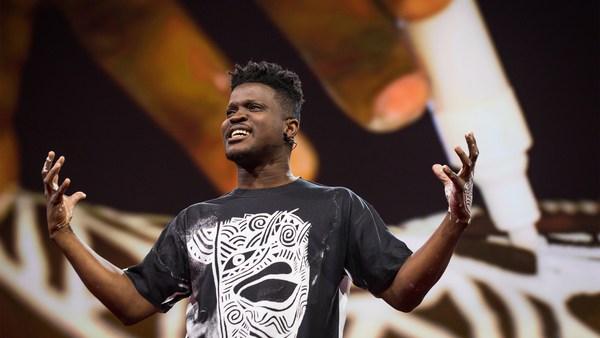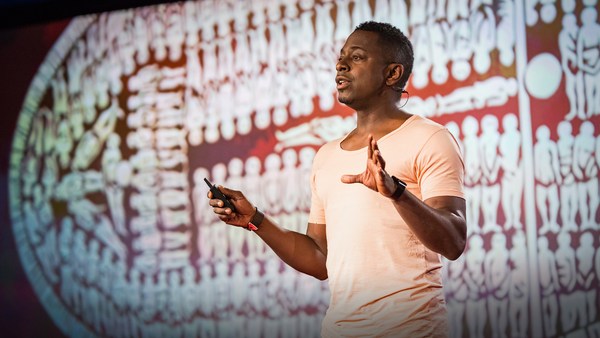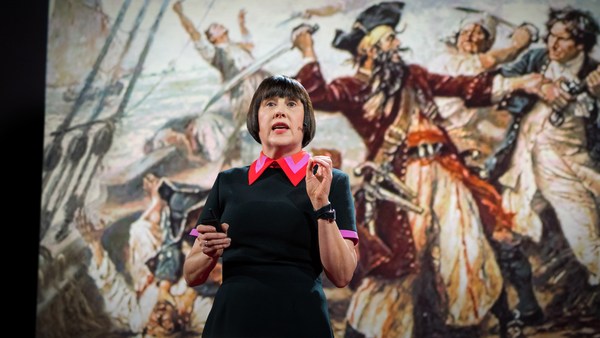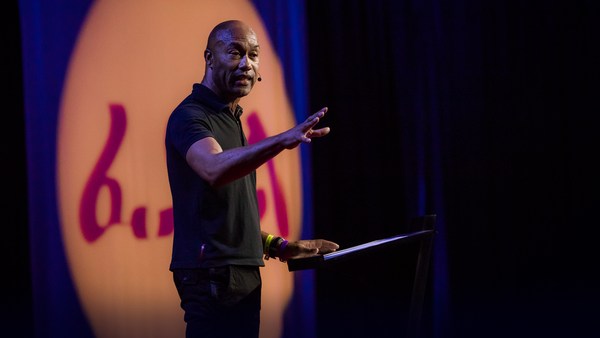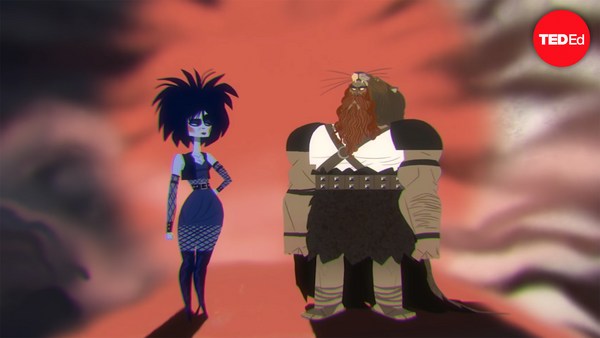It is often said that the stories of history are written by its victors, but if this is true, what becomes of the downtrodden, and how can they ever hope to aspire for something greater if they are never told the stories of their own glorious pasts?
Ostensibly, I stand before you as a mere maker of clothing, but within the folds of ancient fabrics and modern textiles, I have found a higher calling. Through my work as a designer, I've discovered the importance of providing representation for the marginalized members of our society, and the importance of telling the most vulnerable among us that they no longer have to compromise themselves just so they can fit in with an uncompromising majority. It turns out that fashion, a discipline many of us consider to be trivial, can actually be a powerful tool for dismantling bias and bolstering the self-images of underrepresented populations.
My interest in using design as a vehicle for social change happens to be a personal one. As a Nigerian American, I know how easily the term "African" can slip from being an ordinary geographic descriptor to becoming a pejorative. For those of us from this beautiful continent, to be African is to be inspired by culture and to be filled with undying hope for the future. So in an attempt to shift the misguided perceptions that many have about the place of my birth, I use design as a means to tell stories, stories about joy, stories about triumph, stories about perseverance all throughout the African diaspora.
I tell these stories as a concerted effort to correct the historical record, because, no matter where any of us is from, each of us has been touched by the complicated histories that brought our families to a foreign land. These histories shape the way we view the world, and they mold the biases we carry around with us. To combat these biases, my work draws aesthetics from different parts of the globe and crafts a narrative about the importance of fighting for inclusivity. By refashioning images from classic European art and marrying them with African aesthetics, I am able to recast people of color in roles of prominence, providing them with a degree of dignity they didn't have in earlier times. This approach subverts the historically accepted narrative of African inferiority, and it serves as inspiration for people of color who have grown wary of seeing themselves depicted without sophistication and without grace.
Each of these culture-bending tapestries becomes a tailored garment or a silk scarf, like the one I am very coincidentally wearing right now.
(Laughter)
And even when surrounded in a structure of European classicism, these narratives boldly extoll the merits of African empowerment. In this way, the tools of the masters become masterworks to celebrate those who were once subservient.
This metaphor extends beyond the realm of art and out into the real world. Whether worn by refugees or world-changing entrepreneurs, when people are allowed the freedom to present themselves in a manner that celebrates their own unique identities, a magical thing happens. We stand taller. We're more proud and self-aware because we're presenting our true, authentic selves. And those of us who are around them in turn become more educated, more open and more tolerant of their different points of view. In this way, the clothes that we wear can be a great illustration of diplomatic soft power. The clothes that we wear can serve as bridges between our seemingly disparate cultures.
And so, yeah, ostensibly I stand before you as a mere maker of clothing. But my work has always been about more than fashion. It has become my purpose to rewrite the cultural narratives so that people of color can be seen in a new and nuanced light, and so that we, the proud children of sub-Saharan Africa, can traverse the globe while carrying ourselves with pride.
It was indeed true that the stories of history were told by its old victors, but I am of a new generation. My work speaks for those who will no longer let their futures be dictated by a troubled past. Today, we stand ready to tell our own stories without compromise, without apologies. But the question still remains: are you prepared for what you are about to hear? I hope you are, because we are coming regardless.
(Applause)
